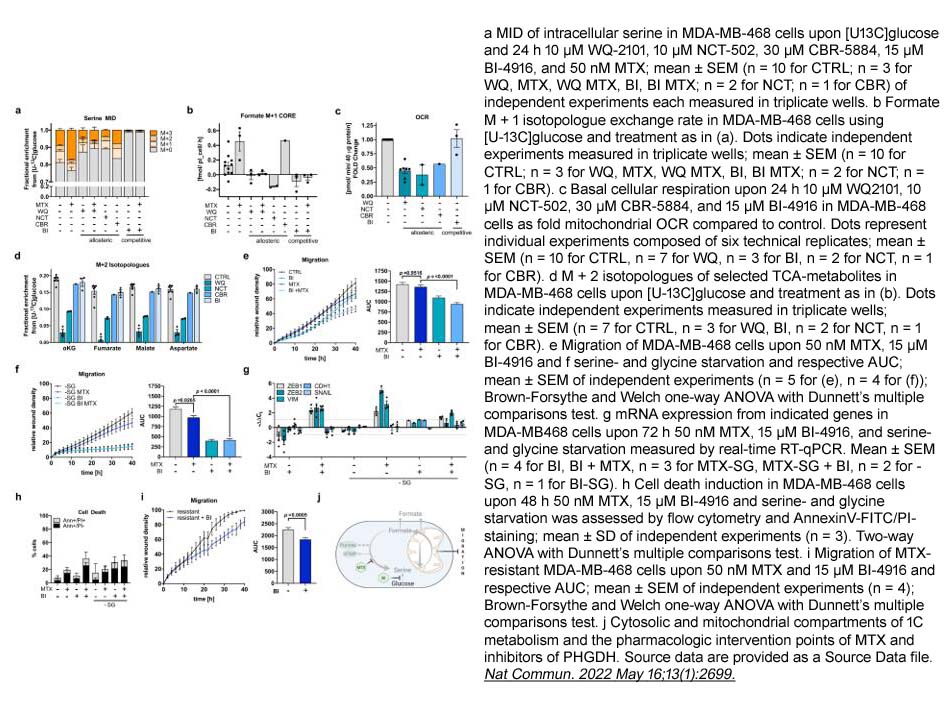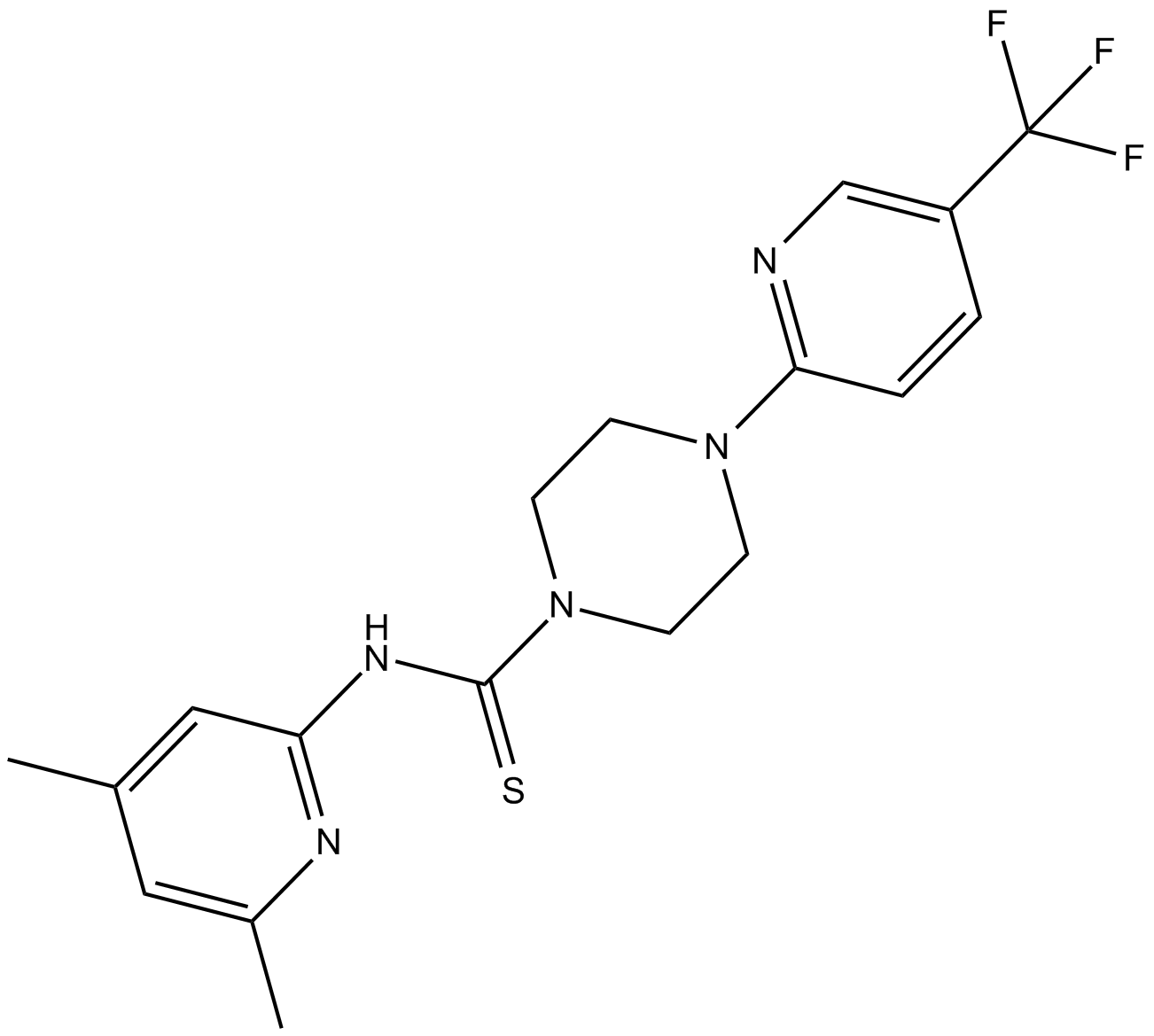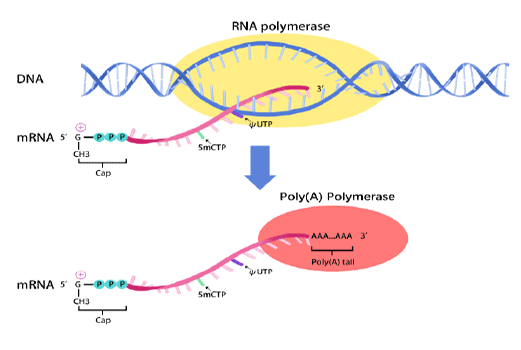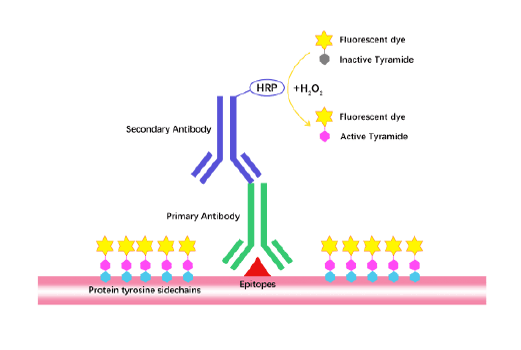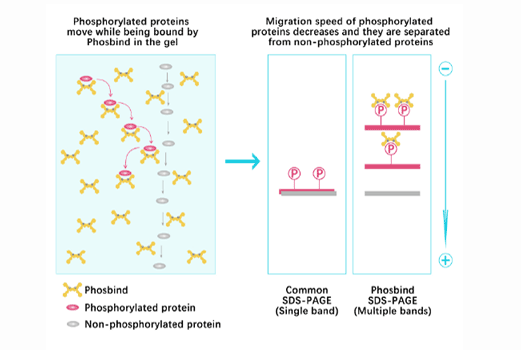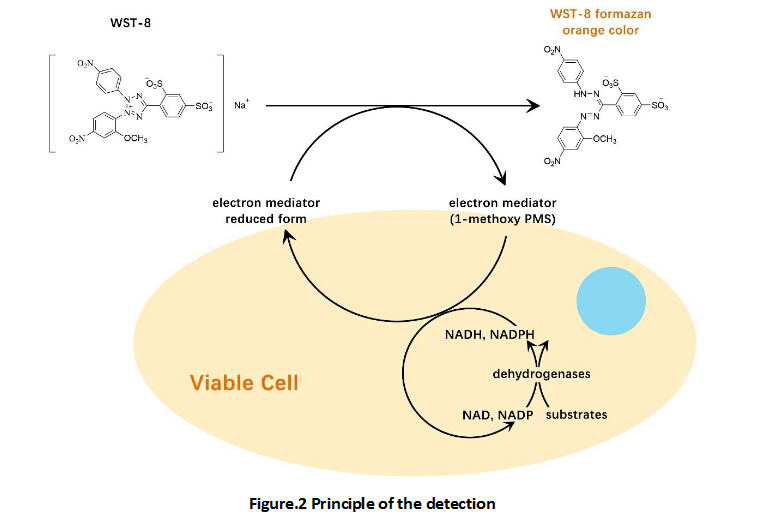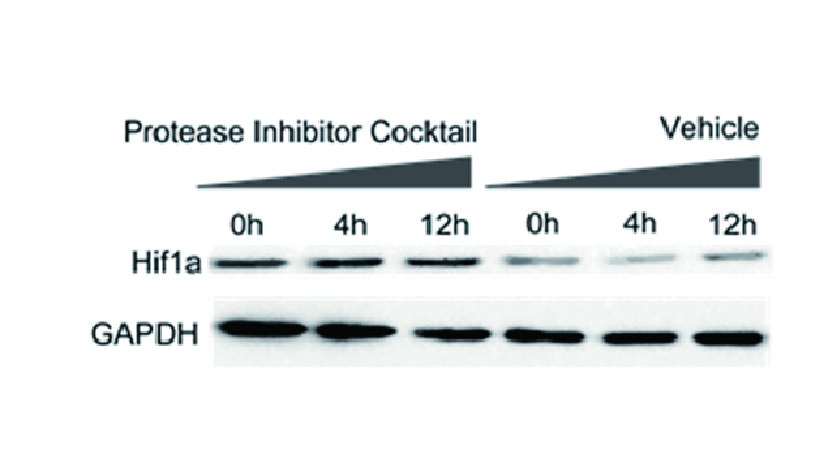NCT-502
IC50: 3.7 μM
NCT-502 is an inhibitor of 3-phosphoglycerate dehydrogenase (PHGDH).
Serine, a proteinogenic amino acid, is the source of one-carbon units essential for de novo purine and deoxythymidine synthesis. Homo sapiens phosphoglycerate dehydrogenase (PHGDH) catalyzes the first, rate-limiting step in the canonical pathway of glucose-derived serine synthesis.
In vitro: NCT-502 was identified as an inhibitor of 3-phosphoglycerate dehydrogenase (PHGDH), inhibiting serine synthesis from 3-phosphoglycerate in cells. NCT-502 was inactive against a panel of other dehydrogenases and showed minimal cross-reactivity in a panel of 168 G-protein-coupled receptors. Moreover, In MDA-MB-231-PHGDH cells, NCT-502 treatment could decrease the intracellular serine and glycine concentrations and did not change the concentration of any other amino acid except for aspartate. In addition, NCT-502-mediated inhibition of serine synthesis was found to be reversible in cells [1].
In vivo: To evaluate the in-vivo activity NCT-503, a structurally close analog of NCT-502, NOD.SCID mice bearing MDA-MB-231 and MDA-MB-468 orthotopic xenografts were treated with vehicle or NCT-503. Results showed that NCT-503 reduced the growth and weight of PHGDH-dependent MDA-MB-468 xenografts but did not affect those of PHGDH-independent MDA-MB-231 xenografts. PHGDH inhibition caused by NCT-503 also selectively increased necrosis in MDA-MB-468 but not MDA-MB-231 xenografts. Importantly, mice treated with NCT-503 did not lose weight during the 24-d treatment [1].
Clinical trial: So far, no clinical study has been conducted.
Reference:
[1] Pacold, M. E.,Brimacombe, K.R.,Chan, S.H., et al. A PHGDH inhibitor reveals coordination of serine synthesis and one-carbon unit fate. Nature Chemical Biology 12(6), 452-458 (2016).
| Physical Appearance | A solution in methanol. To change the solvent, simply evaporate the methanol containing under a gentle stream of nitrogen and immediately add the solvent of choice. |
| Storage | Store at -20°C |
| M.Wt | 395.4 |
| Cas No. | 1542213-00-2 |
| Formula | C18H20F3N5S |
| Solubility | ≤30mg/ml in ethanol;30mg/ml in DMSO;30mg/ml in dimethyl formamide |
| Chemical Name | N-(4,6-dimethyl-2-pyridinyl)-4-[5-(trifluoromethyl)-2-pyridinyl]-1-piperazinecarbothioamide |
| SDF | Download SDF |
| Canonical SMILES | Cc1cc(NC(N(CC2)CCN2c2ncc(C(F)(F)F)cc2)=S)nc(C)c1 |
| Shipping Condition | Small Molecules with Blue Ice, Modified Nucleotides with Dry Ice. |
| General tips | We do not recommend long-term storage for the solution, please use it up soon. |
Quality Control & MSDS
- View current batch:
-
Purity = 98.00%
- COA (Certificate Of Analysis)
- MSDS (Material Safety Data Sheet)
Chemical structure
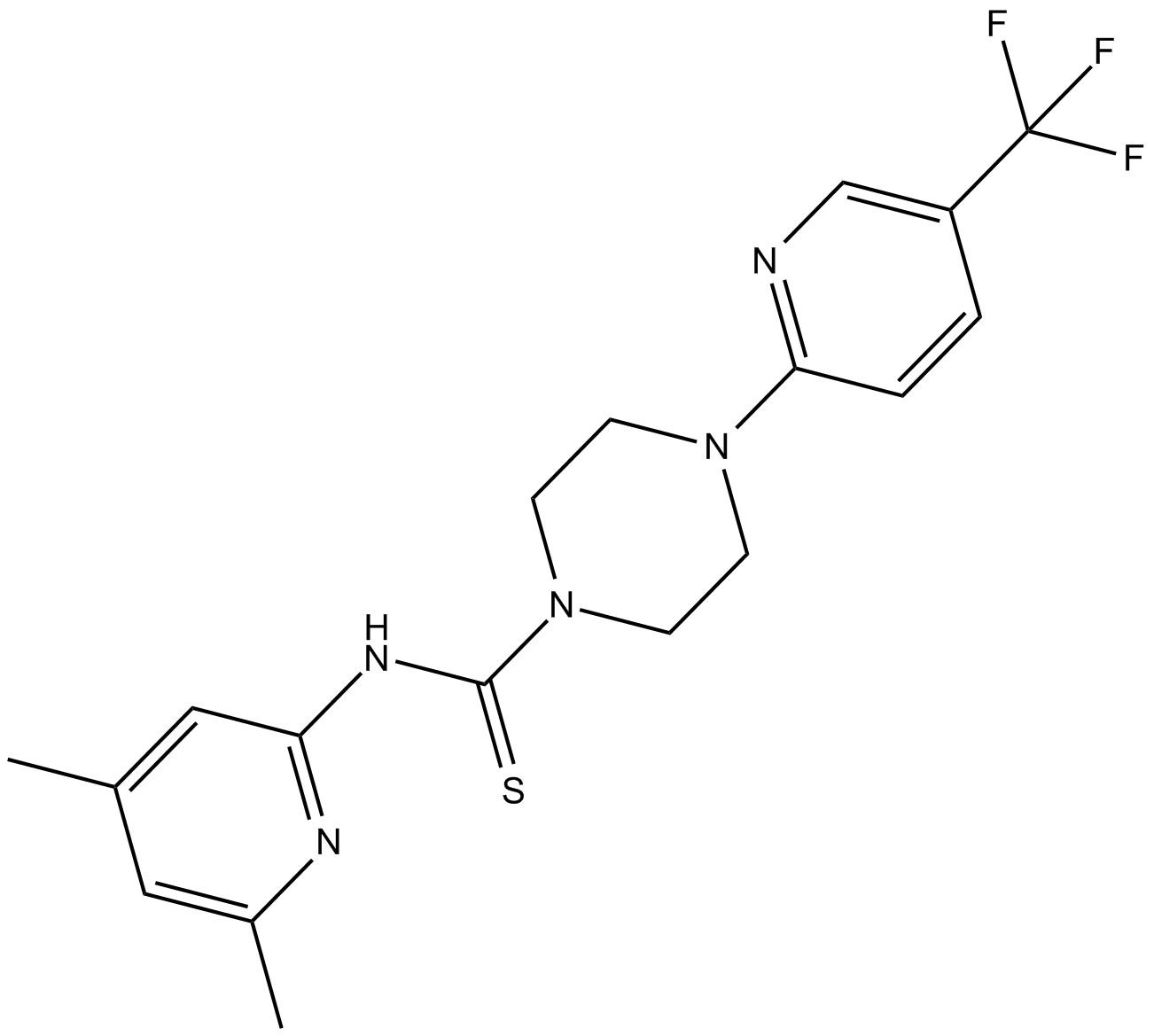
Related Biological Data
